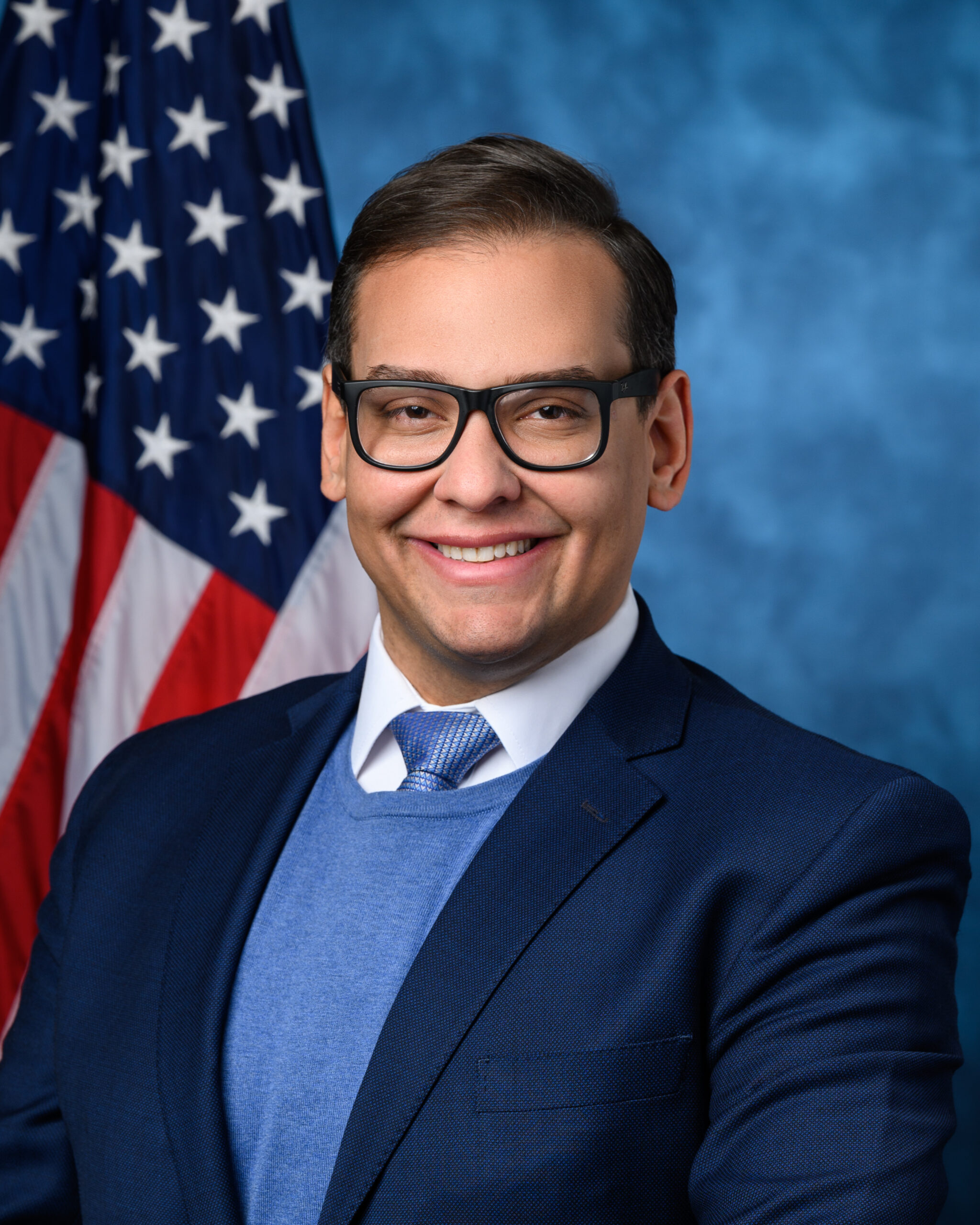Understanding the Impact of George Santos in Modern Politics
George Santos has become a household name in the United States, drawing attention from various corners of the media and political landscape. His rise in politics exemplifies the complexities and challenges within the modern political framework, particularly in local governance. This blog post delves deep into the life, campaigns, and numerous controversies surrounding George Santos to better understand his influence and the implications for the future of American politics.
Who is George Santos?
George Santos is an American politician representing New York’s 3rd congressional district. He was elected to the U.S. House of Representatives in the 2022 elections. Santos’s background is as diverse as his career path; he has worked in various fields, from finance to acting, and claims a diverse ancestry that includes Brazilian roots. His unique story has captivated many voters, positioning him as a relatable yet polarizing figure in American politics.
The Controversial Campaign
During his campaign for Congress, Santos capitalized on various narratives to appeal to the constituents of his district. According to his campaign materials, he portrays himself as an entrepreneur, philanthropist, and a champion for the underrepresented. He emphasizes values such as economic growth and community service, resonating well with local voters seeking a change.
However, Santos’s journey to Congress was marred by significant controversies, ranging from discrepancies in his biography to allegations of fraud. Numerous fact-checking organizations and journalists have pointed out inconsistencies in his claims, including his educational background and employment history. These revelations sparked a national debate on political accountability and transparency in campaigning, highlighting an essential issue in contemporary politics.
The Ethical Implications
The ethical implications surrounding George Santos’s candidacy serve as a critical reflection point for the political sphere. As HR professionals and business leaders, the conversation about ethical practices extends into our domains as well. The integrity displayed by leadership is paramount. Santos’s situation prompts us to consider how personal branding aligns with authentic representation in any career, especially in high-stakes environments like politics.
What the Discrepancies Mean for Voters
For many voters, the discrepancies in Santos’s claims raise essential questions about trust and representation. Voters trust their elected officials to represent their interests with honesty and integrity. When leaders like Santos face scrutiny over their truthfulness, it can diminish public trust in the political system at large. This decline in faith can lead to lower voter turnout and an increase in political apathy—a concerning trend that can ripple through the electoral process.
Moreover, the Santos case teaches a vital lesson in due diligence for voters. As concerns grow regarding misinformation and false narratives, voters are reminded of the importance of researching candidates thoroughly before casting their ballots. As HR professionals, this emphasizes the need for critical evaluation skills that can be applied in various fields.
The Broader Context: AI and Political Engagement
As we navigate the complexities of politics today, the role of technology and AI cannot be underestimated. In the context of political engagement, artificial intelligence tools can significantly enhance the way information is disseminated to voters. Data-driven insights enable campaigns to fine-tune their messaging and reach potential voters more effectively.
Moreover, businesses increasingly leverage AI and automated workflows, such as n8n, to optimize their operations. Implementing such automation not only increases efficiency but also reduces the chances of errors in communication—much like the importance of accuracy in political messaging.
Conclusion: Lessons from the George Santos Phenomenon
George Santos’s story is still unfolding, presenting vital lessons in the intersection of ethics, representation, and technological advancement in the political sphere. His journey raises questions that demand attention and reflection from all sectors of society, including HR professionals and business leaders. As the political landscape continues to evolve, understanding the implications of Santos’s controversies can help hone our critical thinking and organizational ethics—ensuring that we navigate our every undertaking with integrity, transparency, and authenticity.
Further Reading
To explore more about George Santos, visit Wikipedia.








